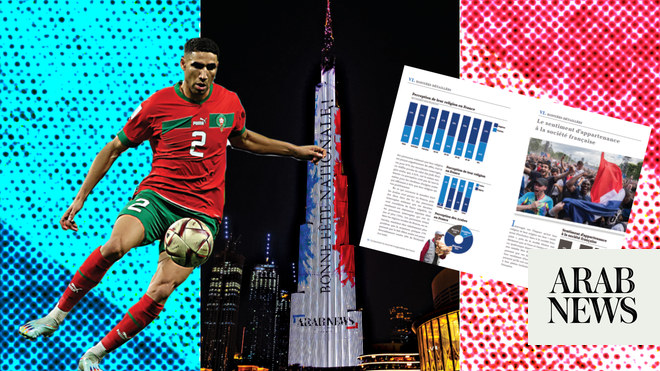
For centuries, China’s outsized population, long history, sophisticated culture and economic might have drawn the attention of far-off powers and influencers. The Chinese have used this interest to their advantage, particularly in the few decades after the Second World War.
China, emerging from a destructive and bloody civil war, quickly managed to transform itself into an economic powerhouse, with industries that became the main production line for the whole world. These massive productivity levels meshed exceedingly well with a domestic market equally starving for both raw materials and finished goods.
The Cold War years severed most of China from the rest of the world but when the Soviet Union crumbled and communism disappeared, China remained strong and resilient. It nevertheless required to engage with the world in ways that not only guaranteed its longevity, but also fueled its bustling industries and insatiable markets by separating its still-communist political system from its free and open economy, proving democracy is not necessary for economic prosperity.
As a result, we have the China of today, with a substantial piece of every pie of global economic opportunity, a chair at every geopolitical table, a powerful and sophisticated military that rivals Russia and the US, and a growing appetite for territorial jostling in a crowded Southeast Asia.
Decades ago, the developed world could afford to ignore China, but today it cannot. China has carved out its own sphere of influence, bolstered by its military, 1.4 billion people and robust $11.2 trillion economy. Every decision and maneuver in Beijing is watched, scrutinized and digested with feverish zeal by governments, corporations and individuals across the planet.
Diplomats court Chinese investments abroad in the hope of gaining a little more access to China’s markets. Corporations weigh in favor of relocating manufacturing and critical functions to China in pursuit of a little extra market share or, at the very least, a lucrative foothold in a hungry consumer market.
China’s economy is second only to that of the US by nominal GDP, and the numbers illustrate why China will continue to carry such influence in the world economy and, by extension, dominate global affairs, particularly in Asia, the Middle East and Africa. Between 2005 and 2010, China made about $319 billion in overseas investments in agriculture, energy, finance, industry, metals, power generation, real estate, technology and transport. All over the developing world, China has opted to invest in infrastructure and energy since 2000, especially in Africa. For instance, Zambia, the Democratic Republic of Congo, Algeria, Sudan, Ethiopia and Ghana have a total of 36 dams proposed or under construction.
China’s economy is second only to that of the US by nominal GDP, and the numbers illustrate why China will continue to carry such influence in the world economy and, by extension, dominate global affairs.
Hafed Al-Ghwell
Surprisingly, China did not have strong economic or trade ties with the Middle East between 1950 and 2000. However, after 2001, the picture began to change rapidly, and China’s dependence on Gulf oil and gas has grown significantly to almost half of its energy imports, and its investments in the region have reached about $20 billion.
China is also rolling out its “New Silk Road” initiative — One Belt One Road (OBOR), “the mother of all infrastructure master plans,” as it has been described — with the Middle East one of its most important cornerstones, if only the region can achieve the necessary political stability.
The Arab world must ensure that its links with China are strong and deep. Forbes magazine predicts: “If Beijing’s OBOR strategy comes to fruition, it will be a catalyst for shifting power alliances and the changing fortunes of nation states…” Especially now, as the US is retreating into itself under the Trump banner of “America first,” which is also affecting its relations with even historical allies such as the EU, Canada and Mexico, and will not only diminish US economic global muscle in the coming decades, but will also affect its political power and reach.
The Arab countries need to cement their economic relationship with China much further, given that it is on track to become the largest economy in the world by 2050 and is moving to replace the US as the most vocal proponent of global trade and investment. Arabs need to maintain political stability in their region, open their markets to Chinese goods and investments, create joint investments with China, even send some of their students to study in China, and demonstrate that they can be a reliable partner both as a market for China and in providing it with a steady and stable source of energy.
The Arab world has a unique chance to strengthen its relationship with a new emerging superpower that will probably reshape a great deal of the global political and economic paradigm. They must not miss this opportunity for the future stability and prosperity of the region.
Hafed Al-Ghwell is a senior adviser at the international economic consultancy Maxwell Stamp and the geopolitical risk advisory firm Oxford Analytica, a member of Strategic Advisory Solutions International in Washington DC and a former adviser to the board of the World Bank Group. Twitter: @HafedAlGhwell
Disclaimer: Views expressed by writers in this section are their own and do not necessarily reflect Arab News" point-of-view












